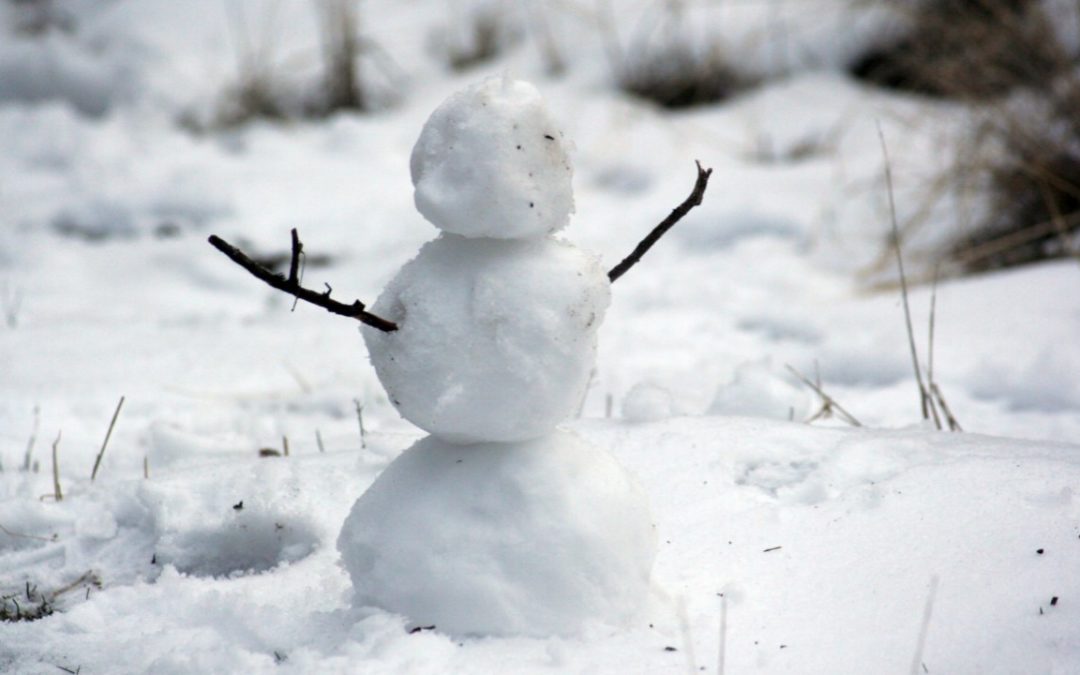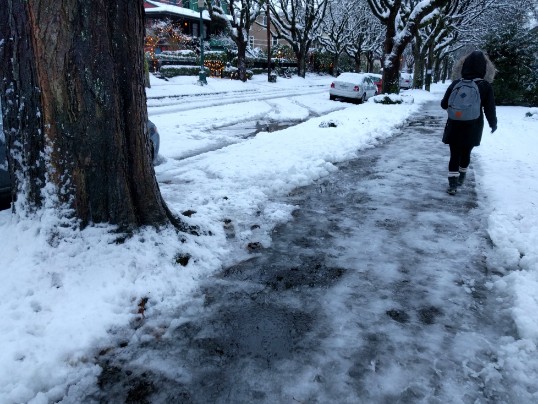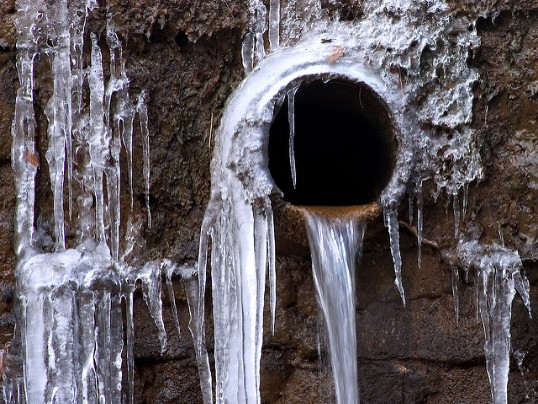The current polar vortex sweeping the country has spurred a serious discussion on cold weather safety. With lives lost and countless injuries due to freezing temperatures across most of the United States, it’s important to remember that our senior citizens are incredibly susceptible to this sub-zero threat. Preparing seniors for winter months could be the difference between life and death when a blizzard or cold snap strikes. Keep reading for freezing weather safety tips from Sandyside Senior Living in White Lake, Michigan.
Just how serious is the threat of freezing weather to elderly individuals?
- Mortality rates are higher in winter months than the rest of the year
- Falls are the leading cause of injury resulting in hospital admission in older adults, this includes falls from winter elements like ice and snow.
- Since 1999, deaths in the US from winter-related hypothermia (excessive cold) greatly exceed hyperthermia (excessive heat). (CDC.gov)
- If you are over 80 years old and fall and break a hip, there is a 50% chance you will never return home. (health.clevelandclinic.org)
- Isolation from winter weather may lead to depression, and the further from the equator, the more likely to develop Seasonal Affective Disorder (SAD). (ncbi.nlm.nih.gov)
As you can see, there are plenty of real health risks for seniors living in cold climates. Luckily, you can prevent the worst that winter has to offer.
Does your loved one need a safe place to stay this winter? Please CLICK HERE for info on Sandyside Senior Living assisted living home.
How to Prepare Seniors for Winter Months
Along with an increased chance of hypothermia, fall, and depression, there are several reasons for elderly folks to be weary of the cold. Preparing seniors for winter months involves the entire home, yard, and even your plumbing!
If respite care, short-term care for elderly or disabled individuals, is not available, you’ll want to know how to prepare your loved one for winter. Keep reading for 5 handy winter safety tips.
Keep the Chance of Slipping to a Minimum
As we discuss in our blog detailing how to avoid sickness in elderly individuals, falls are the leading cause of hospitalization and death in seniors. What seems like a simple slip could drastically impact the life of an elderly individual. So when it comes to ice and snow, it’s best to keep the chance of slipping to a minimum! Here are a few ways to minimize the risk of fall when preparing seniors for winter moths.
- Make sure to clear all regular walking paths with shovels and salt, or protect from snow and freezing rain with a canopy, tarp, or overhang.
- Have a pair of non-slip shoes ready at all times, and ensure any cane or walker is fitted with sturdy rubber stoppers.
- When entering the home from the outside, remove wet shoes and clothes immediately.
- Keep a towel at hand to dry up any leftover snow, ice, or water near doorways.
Image above from Ruth and Dave
Keep the Freezing Temperatures Outside, not In
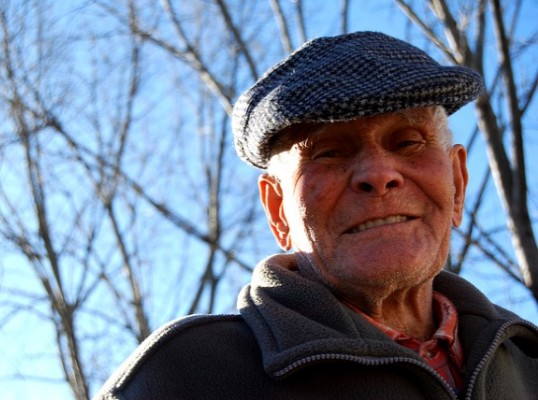
Everyone talks about the snow and ice that winter brings, but for many it’s the extreme cold that is most dangerous. Frost bite and hypothermia are the most well-known conditions effecting those exposed to freezing temps, but people rarely consider the lesser-known side effects.
According to health.harvard.edu, constant exposure to cold weather or a freezing draft can lower immune system and lead to illness. This is especially troubling considering certain health conditions that effect elderly individuals like hypothyroidism, stroke, Parkinson’s disease, and nerve damage can lower body temperature (walkermethodist.org).
Here are some tips to prevent freezing conditions at home:
- Make sure windows & doors are sealed properly
- Vents should be open so heat can properly circulate
- Keep the heat at a minimum of 68-70 degrees at all times
- Place a rolled towel or blanket under doors to non-heated rooms
- Make sure the pilot light on your heater is lit before freezing temps begin
Be Ready for Power Outages
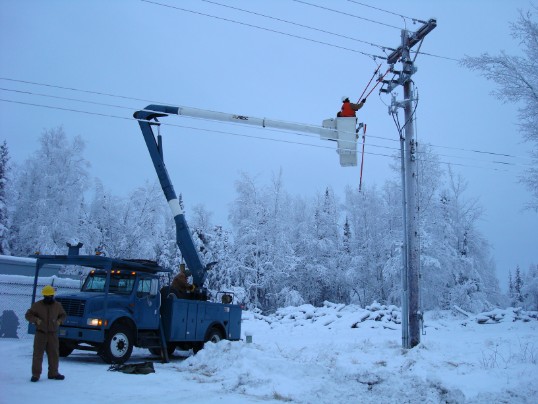
Power outages are fairly common during winter storms. Unfortunately, there is no worse time to lose power! Lack of heat, communication capabilities, and weather updates can be a serious concern when the grid goes down.
The first and most important thing to remember is to keep a backup source of heat. This can be accomplished many ways. Those with a fireplace should have no problem getting it started despite the chilly temperature outside. Another alternative is a portable gas heater. Propane and kerosene are cheap, safe, and simple to use as fuel for these inexpensive heat sources!
Besides backup heat sources, here a few things to keep in mind when preparing for a winter storm power outage:
- Backup generators can not only power the lights and appliances, but also serve as a power source for electric heaters.
- With the increased use of alternate heat sources, smoke, fires and carbon monoxide poisoning are always a risk. Be sure to check that all your wired and non-wired smoke and gas alarms have fresh batteries.
- As is the case with any emergency, non-perishable food items should be stored and readily available.
- Flashlights, lanterns, candles, and other sources of light are always handy.
- In the event that you are unable to reach your senior friend or family member during an outage, it’s a good idea to ask neighbors, landlords, or nearby friends if they could check on them for you.
Keep Your Pipes Clear – The Danger of Freezing Pipes
Preparing seniors for winter months means more than just storing food and extra firewood. Certain weather conditions can lead to serious plumbing problems, the main one being frozen pipes. Frozen pipes not only cause the water to stop flowing for drinking, cooking, and hygiene, but can also burst and flood multiple areas of your home.
Make sure to insulate pipes before the winter, and always allow warm air to circulate through kitchens and bathrooms. When a cold front strikes, try running your faucets on a cold water drip to reduce the risk of freezing. Image above from Jimmy Joe at Flickr.com
Don’t let Winter Make You Blue – Treating Seasonal Affective Disorder & Isolation
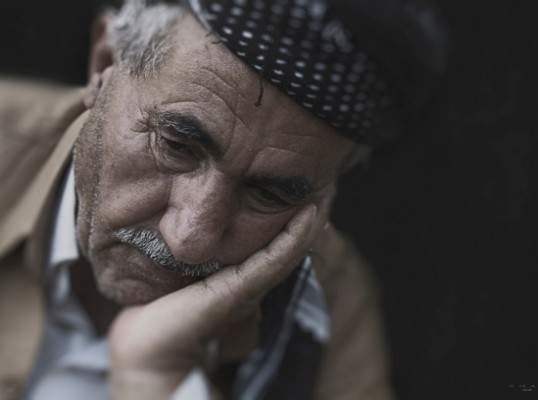
The final freezing weather safety tip tends to the mental health of our elderly loved ones. The grey skies, dangerous travel conditions, and extra-cold temperatures during the winter can lead to isolation and feelings of depression and loneliness. Make sure to check in regularly with your senior friends and family, or in the case you can’t reach them, arrange for a neighbor to check in every once in a while.
If you are concerned that someone you know may be experiencing feelings of isolation due to winter conditions, try looking for senior therapy options. In senior therapy, mental and physical health are improved through both one-on-one and group sessions. Learn more about this important field of therapy by reading our latest article, What is Senior Therapy and Where to Find it Near You.
LEARN MORE ABOUT SENIOR CARE & LIVING AT SANDYSIDE IN SOUTHEAST MICHIGAN:
VISIT SANDYSIDE SENIOR LIVING TODAY
PHONE: (248) 698-3700

